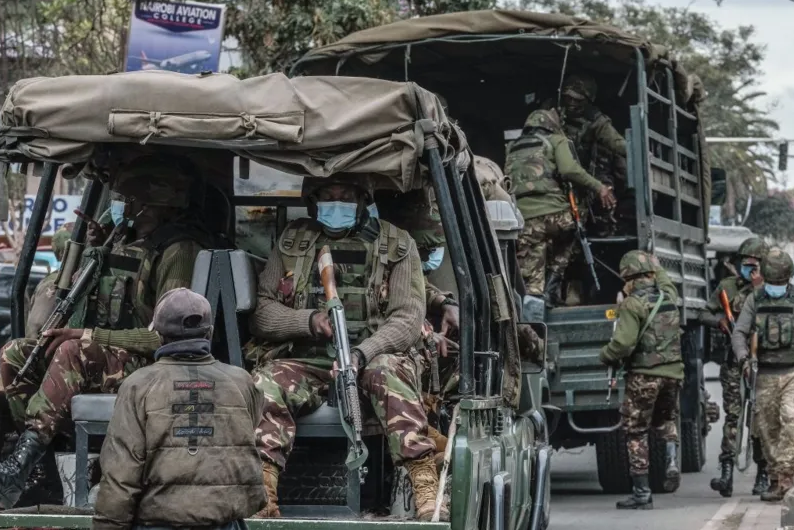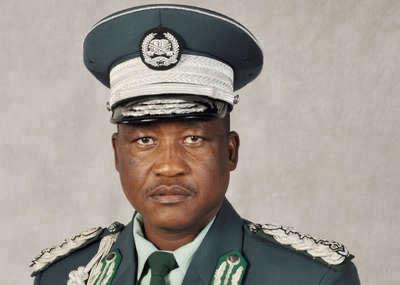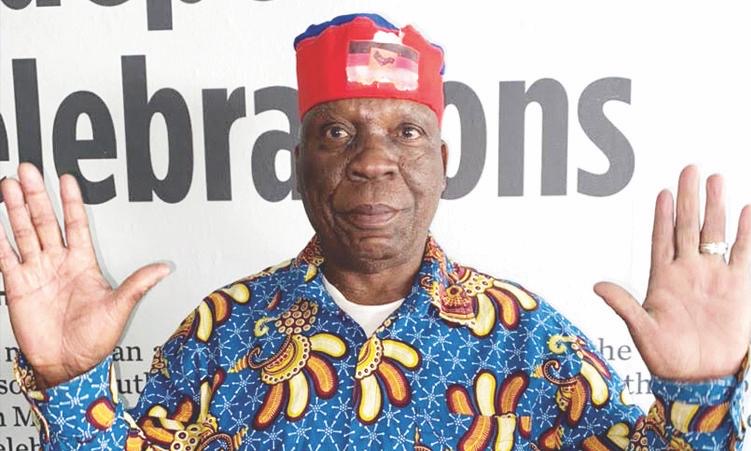Kenyan police have fired tear gas to disperse groups of protesters who have started gathering in the capital, Nairobi.
There has been heavy deployment of security forces, including the military, and roads are blocked around key buildings in the capital ahead of the protests.
This comes two days after 22 people reportedly lost their lives in protests against tax hikes, which saw part of parliament set alight.
The next day, President William Ruto bowed to pressure and said he would withdraw the finance bill containing the unpopular tax proposals.
The demonstrators had vowed to gather again in the city centre to mourn those killed. Some have been demanding the president’s resignation.
Some also vowed to march to the president’s official residence, State House.
Other prominent people linked to the protests have been warning against this because of the risk of further violence.
Roads leading to the building have been blocked, with officers turning away some motorists and pedestrians.
Earlier in the day, local stations showed empty streets in the capital’s central business district, with many security forces on patrol.
There have also been protests in towns around the country.
In Mombasa, Kenya’s second biggest city, large crowds turned out chanting “Ruto must go”, with businesses having to close amid some looting and stone throwing.
President Ruto’s hometown of Eldoret, which on Tuesday experienced violent clashes, is calm.
But there were some clashes in Migori, in western Kenya, where police lobbed tear gas as they engaged with demonstrators.
Crowds of demonstrators confronted security officers in Kisumu, also in the west.
Ahead of the protests, Auma Obama, the half-sister of former US President Barack Obama, told the BBC that young people were going to the streets again because “they still want their voices heard”.
Ms Obama, who was teargased as she joined the Tuesday protests, told the BBC Newsday programme that the youth were still aggrieved.
She said despite the withdrawal of the controversial tax bill, the leaders had not yet had a conversation to hear them out, even as the president had promised to do so.
“People want to be seen, they want to express their grievances, the grievances are not over it is way beyond the finance bill now, so a conversation has to happen, there has to be a dialogue.
“I hope that will happen, we do not want more bloodshed.”
Mr Ruto won the presidency in 2022 after campaigning to champion the interests of the “hustler” – the ordinary citizen struggling to earn a living.
But since then he has introduced a slew of taxes and raised others, which has made him unpopular, with people having to bear them amid a high cost of living.
This year a list of unpopular proposals, including a tax on bread, cooking oil and vehicle owners, triggered the protests.
The government bowed to pressure and dropped some of the taxes but it did little to assuage the concerns of the people, who demanded that the bill be withdrawn entirely.
On Wednesday, the president obliged, but protests have continued.
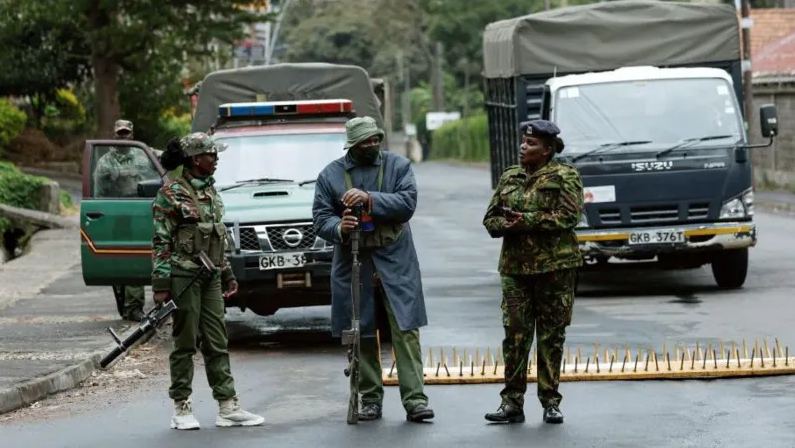
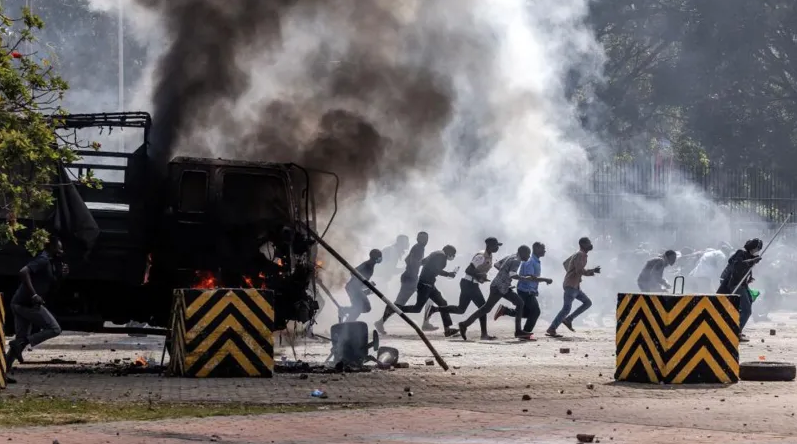
Stay informed with The Namibian – your source for credible journalism. Get in-depth reporting and opinions for
only N$85 a month. Invest in journalism, invest in democracy –
Subscribe Now!



